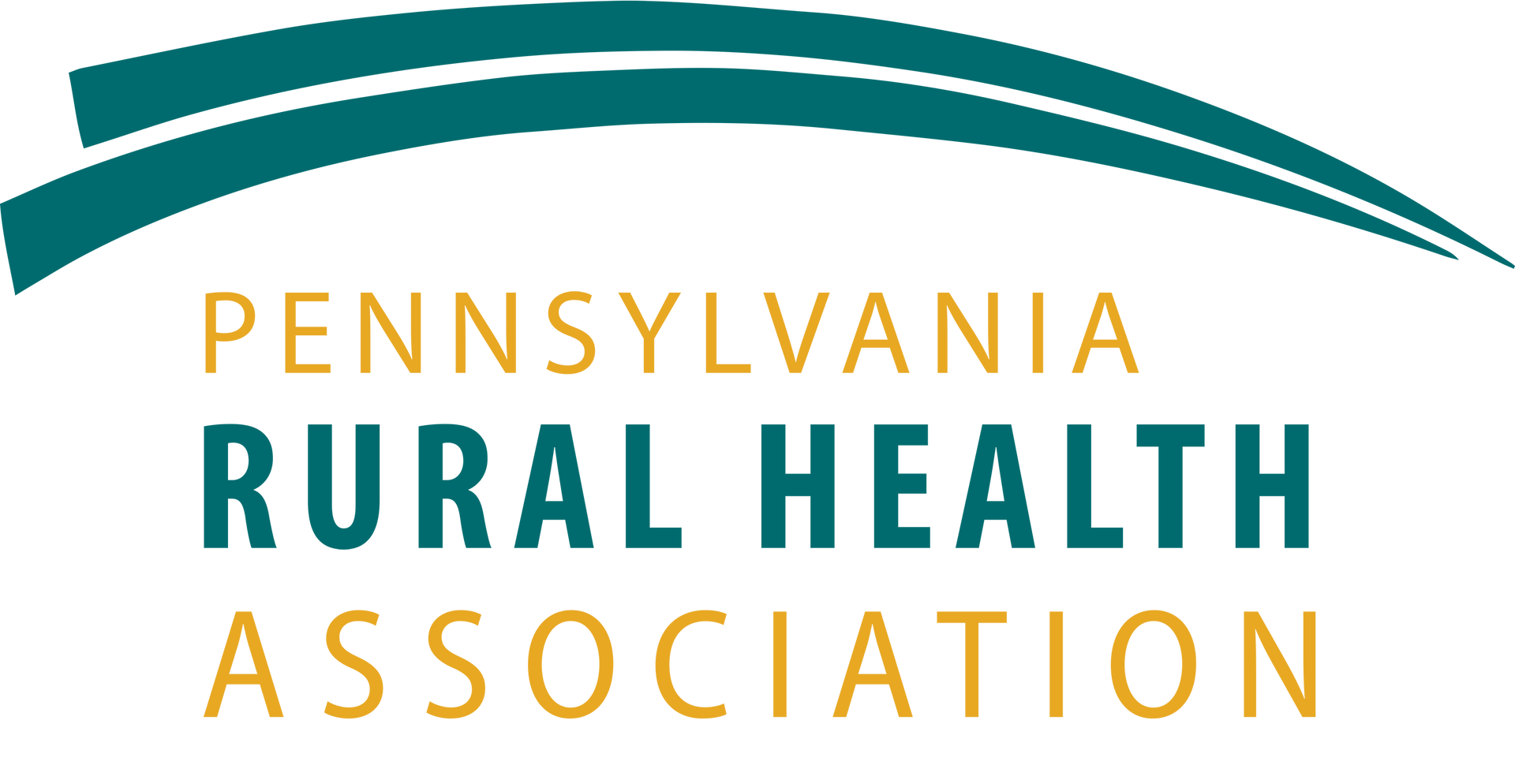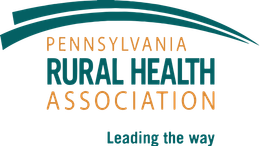The Goals of the Pennsylvania Rural Health Association
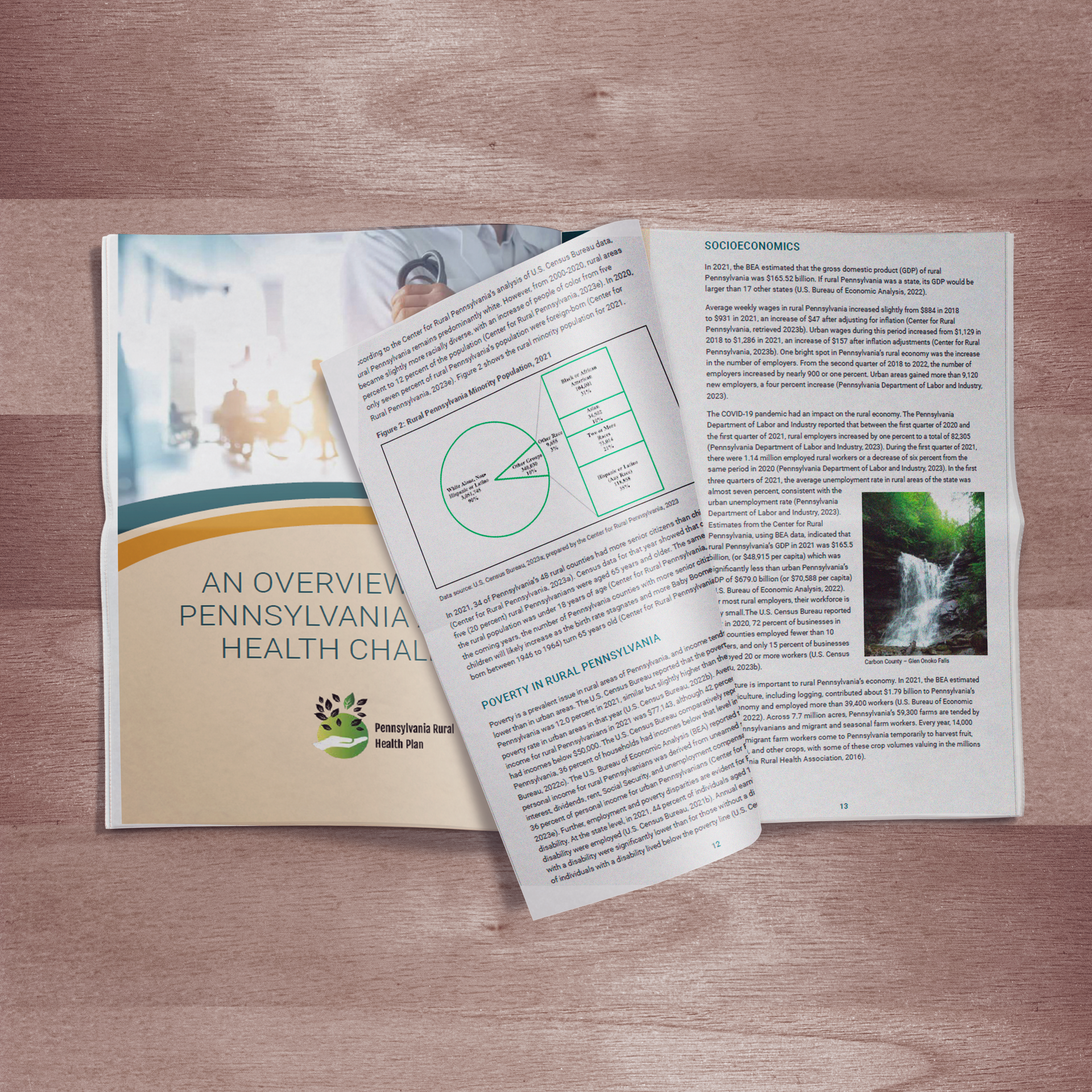
Pennsylvania Releases 2025–2030 Rural Health Plan to Guide Equitable, Community-Driven Rural Improvements Across the Commonwealth Patton, PA - The Pennsylvania Rural Health Association (PRHA) has released the 2025–2030 Pennsylvania Rural Health Plan , a comprehensive roadmap to improve the health and well-being of rural residents across the state. This is the first stand-alone rural health plan in Pennsylvania since 2000. Developed with input from rural community leaders, health professionals, academic institutions, and policymakers, the Plan identifies key priorities and action steps to address the unique health challenges and opportunities in Pennsylvania’s 48 rural counties. It places a strong focus on access to care, behavioral health, oral health, maternal health, workforce development, broadband connectivity, and health equity. “The Pennsylvania Rural Health Association is proud to launch this vital plan,” said Debra Youngfelt, PRHA President. “We encourage health systems, local leaders, advocates, and community members to use the Plan as a tool to shape a healthier future for our rural neighbors.” The Plan builds on the momentum of previous rural health efforts and aligns with state and national public health priorities. It includes measurable objectives and strategies that stakeholders across sectors can use to guide planning, partnerships, and investment in rural Pennsylvania. “This Plan is both a vision and a call to action,” said Lisa Davis, Director of the Pennsylvania Office of Rural Health, who led the development of the plan. “It reflects the voices of rural Pennsylvanians and is designed to support collaborative, locally driven solutions that build stronger, healthier communities.” A series of rural community-based town hall meetings are planned for Fall 2025 to unveil the plan and solicit feedback. Those will be announced as they are coordinated. Access the 2025–2030 Pennsylvania Rural Health Plan on the PRHA website at www.paruralhealth.org/ . For more information, contact PRHA at paruralhealthassociation@gmail.com or 814-799-0850 The Pennsylvania Rural Health Association is dedicated to enhancing the health and well-being of Pennsylvania's rural citizens and communities. Our diverse constituency is composed of individual and organizational members interested in providing leadership on rural health issues. Through the combined efforts of individuals, organizations, professionals, and community leaders, the Association is a collective voice for rural health issues and a conduit for information and resources.
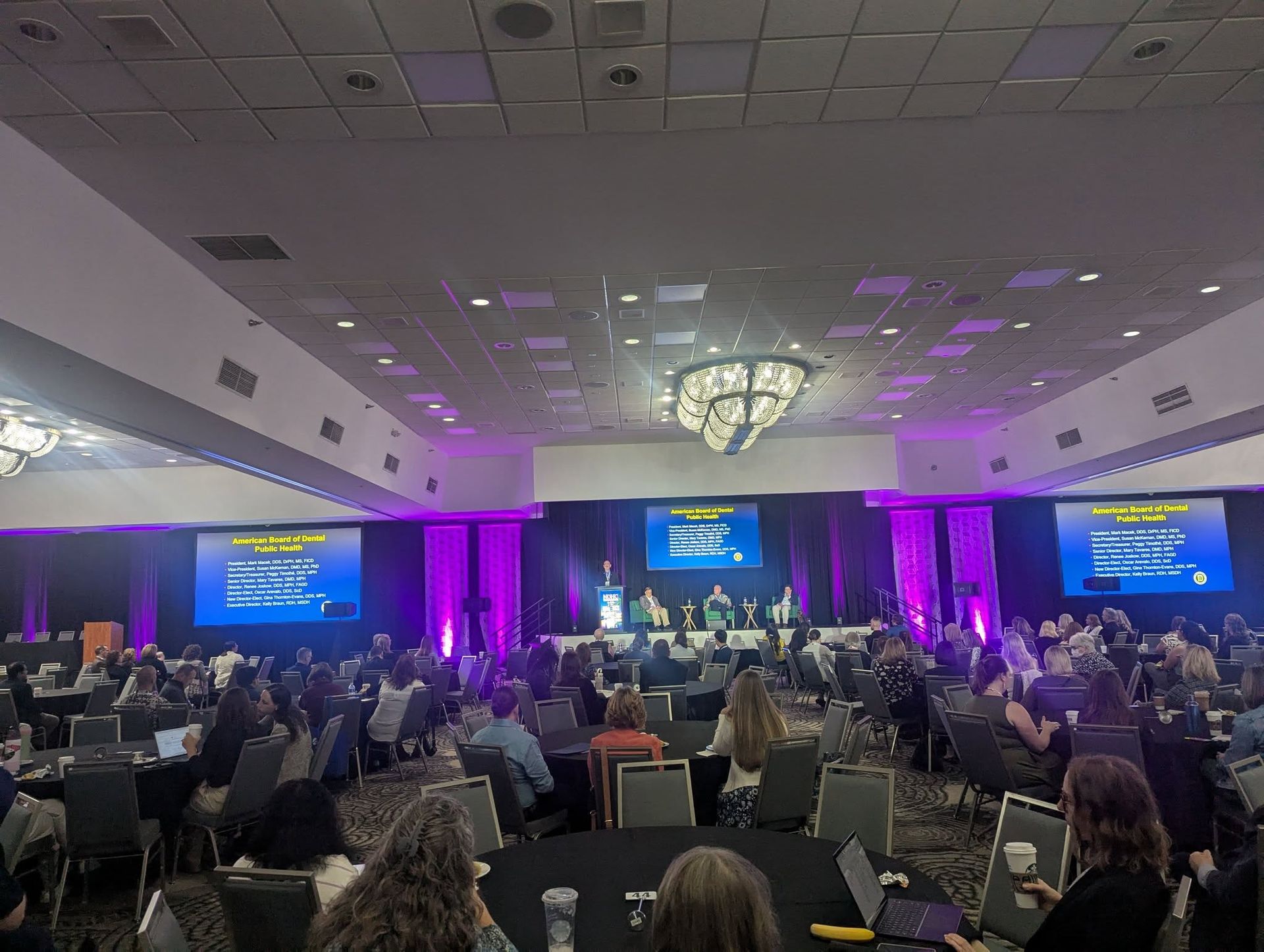
Helen Hawkey, Executive Director, Pennsylvania Coalition for Oral Health , received the 2025 M. Dean Perkins Distinguished Service Award presented by the Association of State and Territorial Dental Directors (ASTDD) at the 2025 National Oral Health Conference last week. Helen was presented the award by Pennsylvania Coalition for Oral Health board member, Kelly Braun, Pennsylvania Office of Rural Health. The Distinguished Service Award is for a member, associate member, non-member, or organization who has made a significant contribution to ASTDD programs, initiatives, or dental public health. PA Coalition for Oral Health (PCOH) serves as the dynamic leading voice to improve oral health across the Commonwealth of Pennsylvania. PCOH promotes oral workforce development, advocates for community water fluoridation, and advances and advocates for oral health policy and infrastructure across all systems. By bringing together a diverse group of leaders from across the state from schools of public health, philanthropic organizations, businesses, dental organizations, health insurance firms, advocacy organizations, state agencies, and other champions, PCOH has built a powerful coalition of more than 1,000 individual and organizational stakeholders.
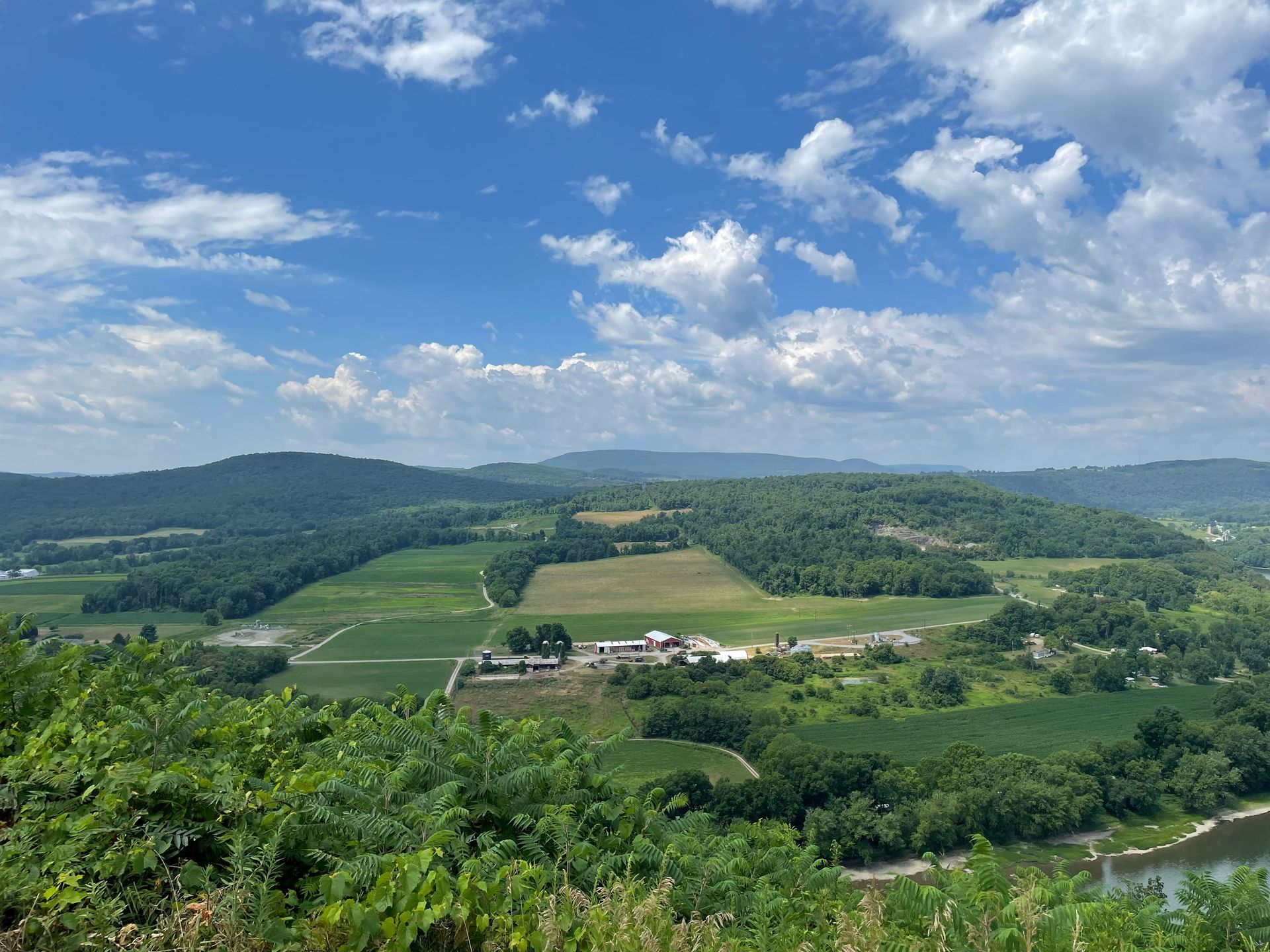
What Are FQHCs and Why Do They Matter? Federally Qualified Health Centers (FQHCs) are community-based outpatient clinics that provide comprehensive primary care services to individuals regardless of their insurance status or ability to pay³. Established under Section 330 of the Public Health Service Act, FQHCs are designed to improve access to care in medically underserved areas and among vulnerable populations. In addition to primary and preventive care, FQHCs offer enabling services such as interpretation, transportation, and case management to address social and logistical barriers to care. While the terms Community Health Center (CHC) and Federally Qualified Health Centre (FQHC) are often used interchangeably in literature, a CHC is a nonprofit clinic serving underserved areas, and most CHCs are FQHCs, but not all are; however, FQHC is a community health center that meets federal requirements to receive special funding and reimbursement. To qualify as an FQHC, an organization must meet stringent federal requirements regarding service scope, quality standards, governance, and accessibility. A key feature is the requirement to operate under a governing board where a majority of members are patients; ensuring the center remains responsive to community needs. FQHCs receive federal grant funding from the Health Resources and Services Administration (HRSA) and benefit from enhanced reimbursement under Medicaid and Medicare through the Prospective Payment System (PPS). This financial model is crucial to sustaining care delivery in high-need and low-resource communities.
Membership
The Association’s diverse constituency is composed of individual and organizational members interested in providing leadership on rural health issues. Members include health care providers and administrators from private and public settings, state and local government leaders, researchers, educators, consumer groups, consultants, insurance and employer representatives and individuals concerned with rural health. It is a non-profit organization governed by a Board of Directors.
